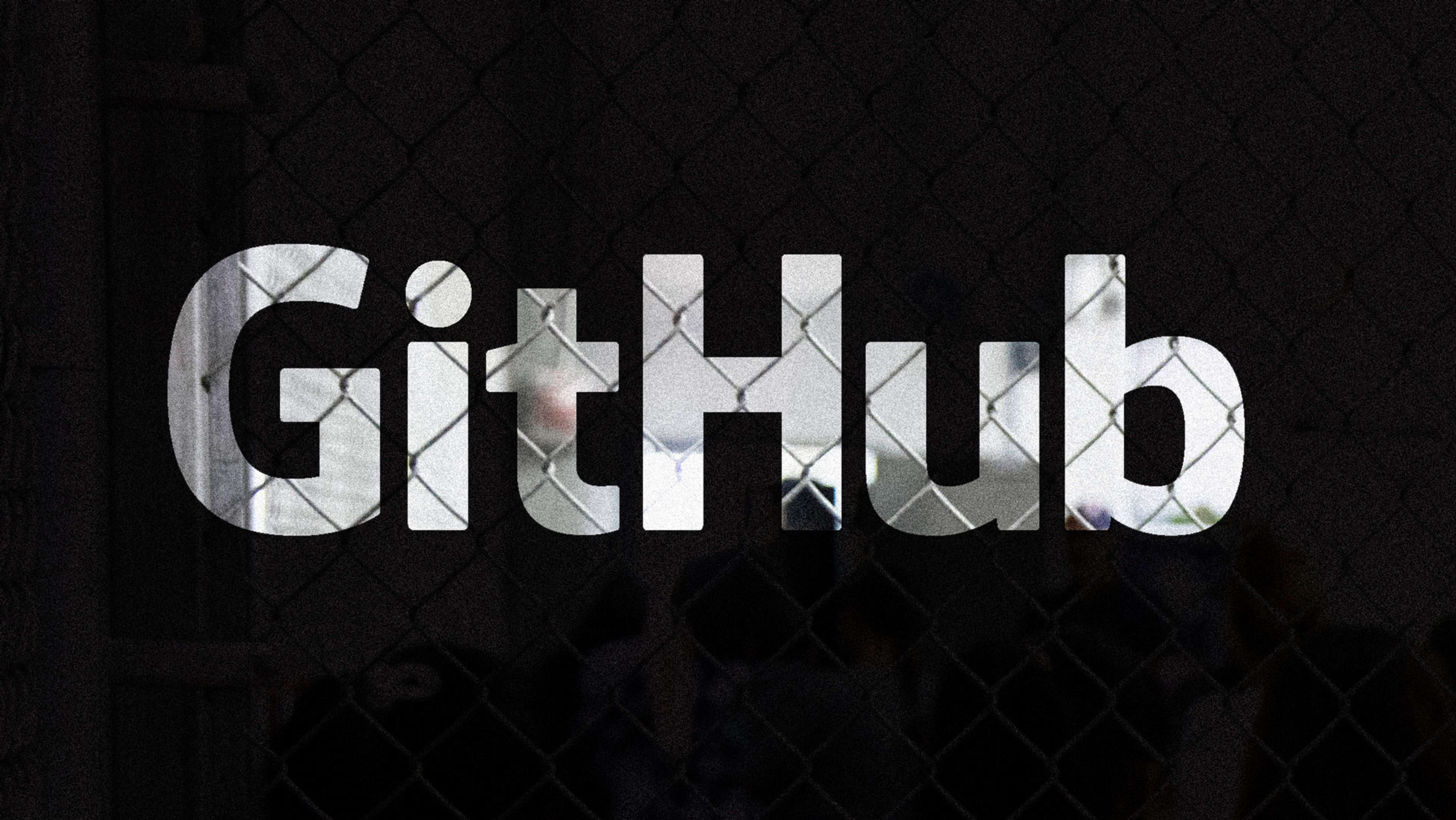GitHub is best known for hosting many open-source coding projects. Much less known is that the company, a subsidiary of Microsoft, has worked under contract with the Department of Homeland Security’s controversial Immigration & Customs Enforcement agency since 2016. In an internal company email, leaked yesterday to Fight for the Future’s Evan Greer, it was revealed that ICE recently renewed its contract for an on-premises GitHub Enterprise Server license, which had been pending since August.
In an open letter obtained by the Washington Post, GitHub employees responded with outrage to their CEO’s email. They characterized ICE’s mission as a “human crisis,” writing: “The evidence is clear that ICE is using technology to terrorize families and communities and violate human rights, in direct contravention of both domestic and international law.”
The CEO’s October 8 email was authored by GitHub’s Nat Friedman, and sent to the company’s leadership. In it, Friedman acknowledges concerns about the ICE contract, and how it helps facilitate the Trump administration’s restrictive immigration policies, the Muslim travel ban, and widely condemned changes to the DACA program, which allows some children who were brought into the U.S. without documentation to stay for a period of time.
“These policies run counter to our values as a company, and to our ethics as people,” writes Friedman. “We have spoken out as a company against these practices, and joined with other companies in protesting them.”
Despite GitHub’s obvious concerns about the agency, Friedman pleads ignorance as to just how ICE uses the on-premises GitHub Enterprise Server license, saying only that it is most likely for software development and version control. In the email, Friedman attempts to reassure Hubbers by saying that the license has terms of service and acceptable use policies, and that if GitHub learns they have been violated, the company can take action. This, of course, assumes that GitHub would be able to find out about both past and present use cases for ICE’s license.
And Friedman gives GitHub yet another convenient out with regard to its contract with the agency. He argues that ICE, like any developer, deserves to operate in a free and private way.
“We want software developers around the world to have the freedom to operate with a level of privacy,” says Friedman. “A world where developers in one country or every country are required to tell us what type of software they are creating would, in our view, undermine the fundamental rights of software developers.”
Friedman also goes out of his way to emphasize that the large agency is responsible for many things outside of immigration.
“While ICE does manage immigration law enforcement, including the policies that both GitHub and Microsoft are on record strongly opposing, they are also on the front lines of fighting human trafficking, child exploitation, terrorism and transnational crime, gang violence, money laundering, intellectual property theft, and cybercrime,” Friedman writes.
GitHub intends to lobby to change current immigration policy, and to that end has pledged $500,000 to nonprofit groups working to support immigrant groups. The company is also encouraging groups within GitHub to donate their time and resources to “causes in support of humane immigration policies and migrant rights.”
Today, after the email began circulating online, Friedman posted the email’s contents to The GitHub Blog. Fight for the Future’s Greer tells Fast Company that while GitHub leadership is clearly made up of thoughtful people, they’ve badly stumbled with their rationalization of the ICE contract.
“It’s fine to weigh the impacts of various decisions, but in this case there is a clear and organized call from immigrants’ rights organizations for tech companies to stop providing the operational backbone that ICE uses to violate human rights,” says Greer. “Making donations and excuses doesn’t change that. They should listen to the people most affected by ICE’s policies and just cancel the contract.”
Jacinta Gonzalez, a senior campaign organizer at the Latinx digital rights and grassroots hub Mijente, says that Github’s leadership is repeating the same tired arguments heard from tech CEOs at Palantir, Microsoft, Amazon, Chef, and other firms doing work for ICE.
“They all say they care about immigrants, they all point to their history caring for immigrants, they all vow to donate money for immigrants’ rights—and then when it comes time to actually stop collaborating with a regime engaged in a wholesale war against immigrants, they waffle and say it’s better to have a seat at the table,” says Gonzalez. “This is wrong. None of the tech CEOs who sat down with Trump after he got elected made a difference in the policies we see enacted today. Why would continued engagement yield anything different in the future? They’re deluding themselves, and we’re proud of the workers at these companies who see past the prevarication of their executives and see to the heart of the issue: If you work for ICE, you’re upholding this regime.”
In the open letter, Github employees said that the company had little to show for its seat at the bargaining table over the last two years. “We implore GitHub to immediately cancel its contract with ICE, no matter the cost,” they wrote. “Now is the time to take a stand, or be complicit.”
Friedman says the revenue from the ICE license is less than $200,000 and “not financially material for our company.” Given the uproar over the ICE contract, one wonders why GitHub bothers with the agency at all.
Neither GitHub nor Microsoft responded to requests for comment.
Recognize your brand’s excellence by applying to this year’s Brands That Matter Awards before the early-rate deadline, May 3.
